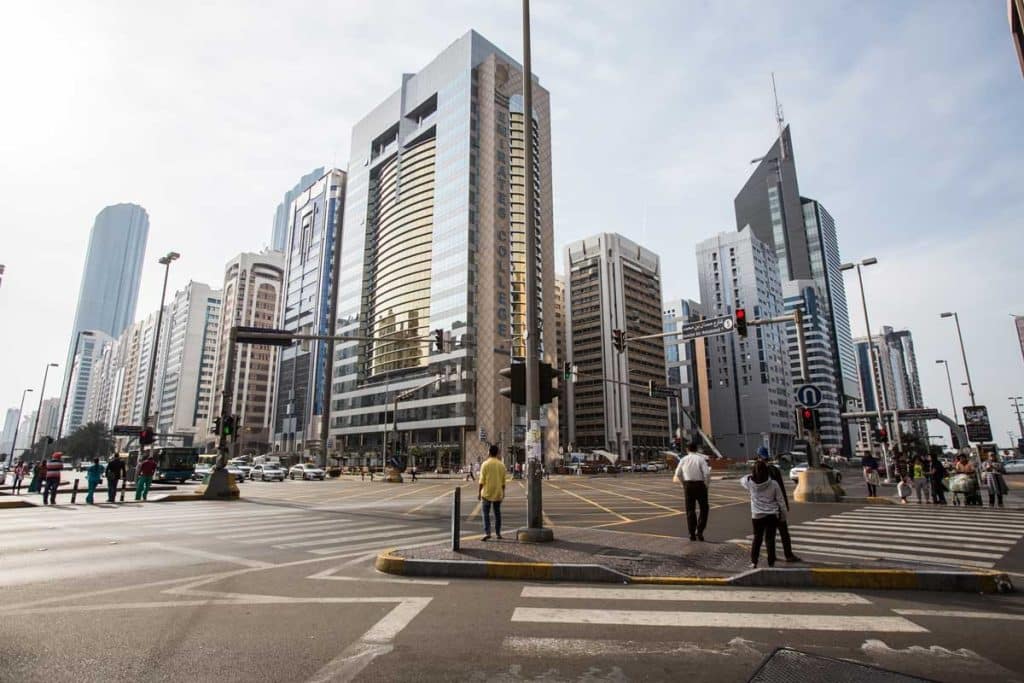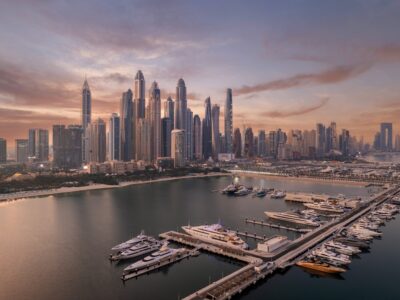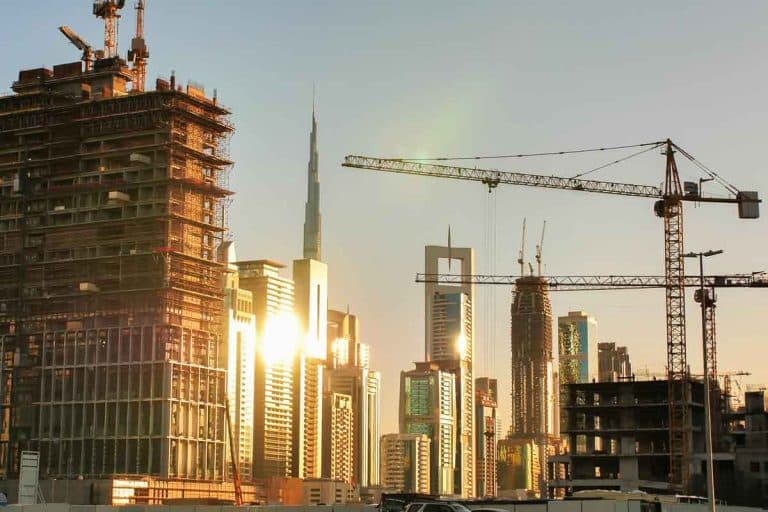Major UAE real estate developers and banks are equipped to weather the storm of rising inflation and interest rates due to strategies adopted during the 2008 global financial crisis and the current state of the property market, a report finds.
However, long-term risks could test their resilience unless offset by market strength.
Developers like Aldar, Emaar and DAMAC are in strong financial positions according to a recent Moody’s report. Most of their debts have fixed rates, so rising rates won’t immediately affect loan payments. Their debts also mature over the next few years, giving time to adjust if rates stay high when refinancing.
“Rated developers’ gross margins have all increased, driven by solid demand from both local and international investors, including significant numbers of Russian buyers since the start of the war in Ukraine in 2022,” said Julien Haddad, Vice President, Senior Analyst at Moody’s.
The UAE’s real estate market conditions will remain healthy in the next 12 to 18 months, but demand is likely to be slower than the past two years.
“Prices have increased by about 15 percent on average in Dubai and Abu Dhabi since second quarter of 2021 with 80,000 units currently under construction. This strong performance reflects the success of the UAE government’s recently enhanced visa scheme, the prompt reopening of the economy post-pandemic, continued high oil prices and strong economic activity,” added Haddad.

All major developers have less debt now. They have strong interest coverage and cash to cover upcoming maturities. With fixed rates and staggered maturities, rate hikes likely won’t significantly impact profits soon. This preparation puts them ahead of other real estate firms facing variable rate debt increases now.
Prolonged high inflation, interest rates could mean bad news
However, long-term high inflation and interest could pose growing issues. Long-term high costs may start reducing profits even for strongest developers. Less flexibility if market conditions change from current strong demand.
Rate hikes so far have benefited UAE banks. Most bank loans have floating rates, so they have gained from benchmark rate increases. This led to much higher earnings in first half 2023 even as funding expenses rose with rates.
Banks are also in better shape than before. Stronger balance sheets and careful lending cut problem loans from over 10 percent in past to 5.1 percent now. Adequate reserves provide protection if economy weakens. Liquidity increased sharply from prior downturns.
Near-term, robust demand from economic and expat growth maintains market strength in Dubai and Abu Dhabi. While sales pace may slow, prices up and large backlogs support earnings. Developers locked in deals getting full payment upfront versus past cycles, lowering counterparty risk.
While interest rate sensitivity may increase risk in the long run, major UAE developers and banks are well-equipped to withstand rising borrowing costs through the next phase of the real estate and economic cycles based on their recent financial positions, market conditions, and practices implemented since the global financial crisis.





